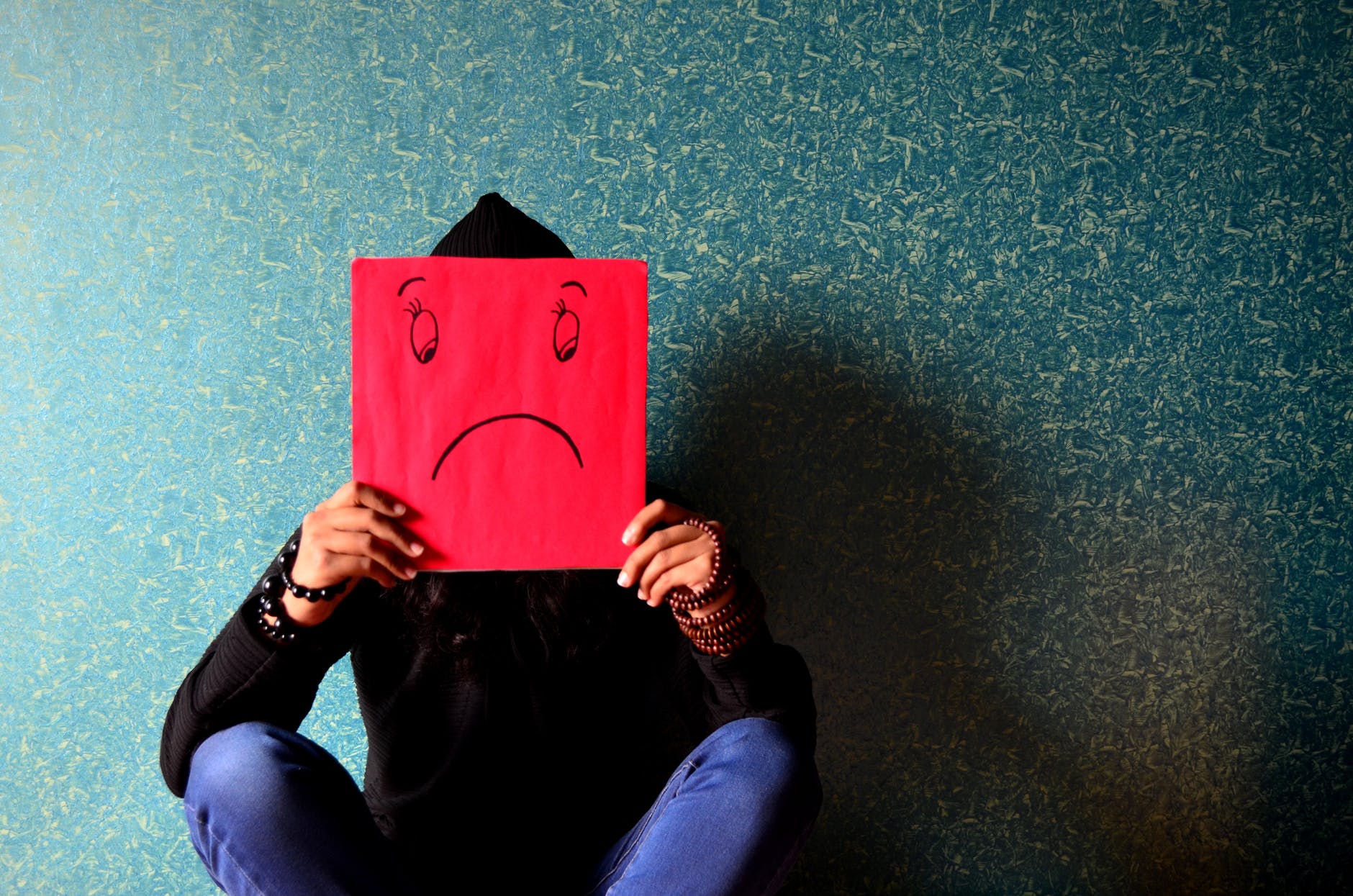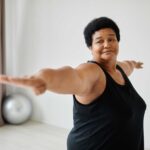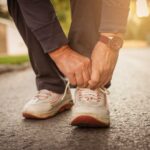
16 May When Worry Takes Over: Anxiety & One Way to Turn Down the Volume
May is National Mental Health Awareness Month, and anxiety is one of the more common mental health disorders. According to National Institute for Mental Health (NIMH) stats, up to 19% of adults dealt with some form of anxiety disorder in the last year in the U.S. They also estimate that over 30% of people will deal with some form of anxiety in their lifetime. We look at a common type of anxiety disorder/symptoms and how physical activity can be an effective tool in your tool box to deal with it.
Unlike other forms of mental illness, almost everyone experiences anxiety or fear at various points in their lives. As part of the survival fight/flight response, it served a valuable purpose – especially at the points in human history in which chasing your dinner could easily become being chased by your dinner. These days, we don’t often face daily survival dangers; however, those old anxiety/fear reactions are still there – and in some people work a little too well, leading them to deal with anxiety disorders instead of just moments of anxiety/fear.
Generalized Anxiety
This condition is marked by consistent anxiety that doesn’t stem from (and isn’t resolved by) any short term cause or resolution. According to the Mayo Clinic, symptoms can include:
Persistent worry about areas/topics out of your control
Overthinking issues and catastrophizing (assuming the worst outcome)
Difficulty with uncertainty
Inability to set aside the worry
Feeling on edge, restless, irritable
Feeling like your mind is blank, inability to make decisions
Trouble sleeping
Fatigue
Muscle aches
Easy startle reaction
GI symptoms like upset stomach, nausea, etc
Some people only seek treatment for anxiety disorders after experiencing the physical symptoms related to an anxiety attack or panic attack. The Mayo Clinic lists some panic attack symptoms as:
Sweating
Racing heart
Shortness of breath or hyperventilating
Chills/hot flashes
Fear of loss of control
Chest pain
Dizziness/feeling faint or lightheaded
Feeling detached or out of reality
Self Care
While it’s important to pursue diagnosis/treatment that may include talk-therapy, medication, and other treatment such as CBT (cognitive behavioral therapy), you can take steps on your own to help turn down the volume on your anxiety. Physical activity can be a great way to reduce physical tension in your body, improve your sleep, and find an outlet for the excess, restless energy you may experience with anxiety. You can experiment with what works best with your anxiety: whether it’s going for a long run or bike ride, pushing hard at the gym, or doing daily yoga. Exercising is also a healthy, positive self care and coping strategy. Some people with anxiety self-medicate with alcohol or drugs to try and numb the worry; exercise is a much safer, healthier alternative that can help positively affect your brain. It may take a combination of treatment strategies to find what works best for you; however, exercise is a simple, important way you can help manage anxiety and practice self care.
For some, being unable to exercise and maintain their fitness following an injury or physical setback can add to stress, anxiety, and other existing mental health conditions. For those who are serious about sports and fitness, fears about physical injury and long-term consequences can lead to very real emotional and mental distress. That’s where we can help: physical therapy is the ideal place to work with a specialist toward your recovery. Your physical therapist is typically a doctor in one of several disciplines and is specially trained in treating issues of the musculoskeletal system. S/he will assess you and develop a custom treatment plan based on your unique needs. If you’d like to try exercise to help with your total health, anxiety, or other mental health concern, but are struggling due to injury, pain, or movement problems, physical therapy is also a great resource for you!
Are you wondering how physical activity could improve your life, but are stuck at square one? Body One can help! We’re locally-owned and operated, with three locations serving Central Indiana: North Indianapolis, Fishers, and Zionsville. Our team of caring, expert physical therapists works with clients of all ages and backgrounds, and would love to help you, too. Find out how improving your physical fitness can have a big impact on your total health, including your mental health: call Body One today!





